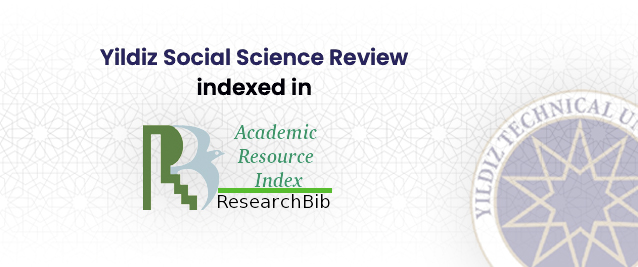2Department of Economics, Yildiz Technical University, Istanbul, 34349 Turkey
Abstract
This paper provides fresh evidence on the validity of twin deficits and the Feldstein-Horioka hypotheses for Turkey during the period of 1987-2004 using bounds testing approach to cointegration. In order to explain the main determinants of the current account deficits in the long-run, the fiscal balance and the domestic investments are used in an econometric model.The cointegration tests indicate the presence of a long-run relationship between the current account and budget deficits as well as the domestic investments during the estimation period. As a result, it is concluded that the twin deficits hypothesis and the Feldstein Horioka puzzle are present and Turkey appeared to be integrated in the world capital market with a low degree of capital mobility as less than 1/5 of its domestic investment is financed through external funds. The augmented Granger-causality tests suggest no causality between the current account and budget deficits, both in the short-run and the long-run. The post-sample variance decompositions suggest that the domestic investments are the main cause of current deficits in the long-run. The paper also discusses the policy implications of the empirical results.











